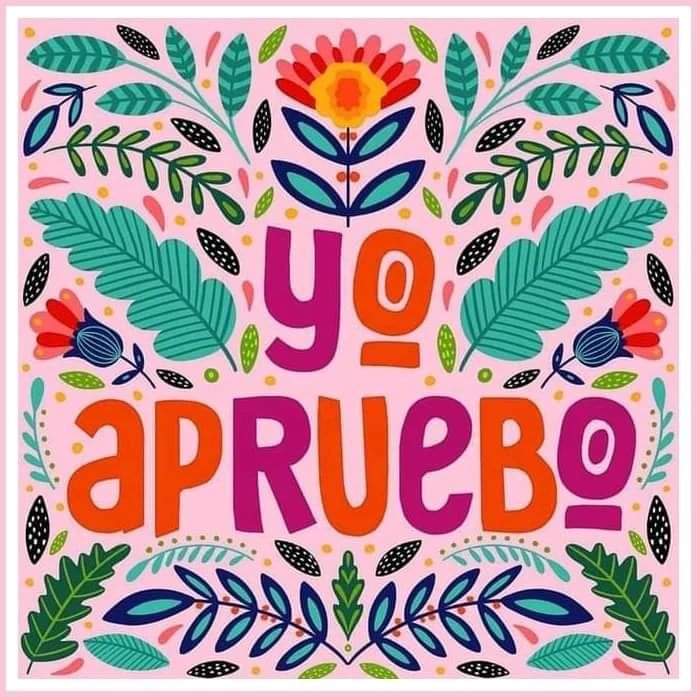The Chilean Constituent Convention has presented the draft of a new Constitution that will be submitted to popular approval by means of a plebiscite called for next September 4.
It is interesting to note that this new text has been drafted in a fully democratic manner, by 154 constituents, representatives of the entire territory of the country, people from a wide variety of professions and social classes, parity between men and women for the first time in the world, with 17 seats reserved for representatives of the Indigenous Peoples. The very composition of the Convention is tremendously innovative and corresponds to a conception of democracy and inclusion very typical of this 21st century, breaking with the traditional ways of drafting the fundamental charter that Chile had in the past, all of which were done by a few male experts and within four walls.
What challenges did the Convention have to face?
In the first place, it had a period of one year to do it, in the middle of the Covid-19 pandemic, with the problems of capacity in the workplaces and transportation, as well as everything that confinement implied. It also had a very low budget, equivalent to 12% of the budget of the Chamber of Deputies for one year, that is, $8 billion pesos. Of course, it had to create its own rules and procedures, since it is an unprecedented experience and in some way constitutes a model to be studied and followed.
This Monday, May 16, the draft was delivered, and the last stage of this formidable work began, in which the Convention was reorganized by forming 3 commissions: the Transitory Norms, Harmonization and Preamble Commissions.
What are the most important points that are already clear in this draft?
1.- It takes us from a Subsidiary State to a Social and Democratic State of Law (the State is the main responsible for guaranteeing a list of Human and Social Rights, for example, care of Human Rights, Health, Education, Housing, to Strike and many other Rights).
2.- Regional State, the Regions and Communes are empowered with greater strength (Regions and Autonomous Communes are created). The Senate is replaced by the Chamber of Regions. The Senate has also been a blocker of projects. The Chamber of Regions is a second Chamber but more oriented to strengthen the Regions.
3. – Native Peoples: Plurinational, Intercultural and Ecological State. The original peoples are recognized as Nations, with cultural, historical and cosmovisions systems. They become equal in values, equal opportunities and possibilities to participate in the instances of power. The right of peoples to lands, territories and resources is recognized. The historical process of dispossession is recognized, and land restitution is proposed as a preferential mechanism.
4. – National Water Agency, the first priority of water use is the use by human beings, secondly the environmental care of the watercourses, and after that, rights can be given to private parties, which are “untradeable”.
5. – Justice: It is democratized.
6.- Food sovereignty
7.- Animals are sentient and their suffering is avoided.
Ecological: Recognizes climate change, and takes responsibility to act in response and to take measures of care and energy conversion.
9.- Sexual and reproductive rights, also approved the dignified death.
The thematic commissions in which the Convention worked are: Political System; Constitutional Principles; Form of State; Fundamental Rights; Environment; Justice Systems; Knowledge Systems.
We can say that the text focuses on what constitutes the substance of this XXI Century, facing what no other Constitution has considered before, given above all the democratic and epochal character of this new text.






